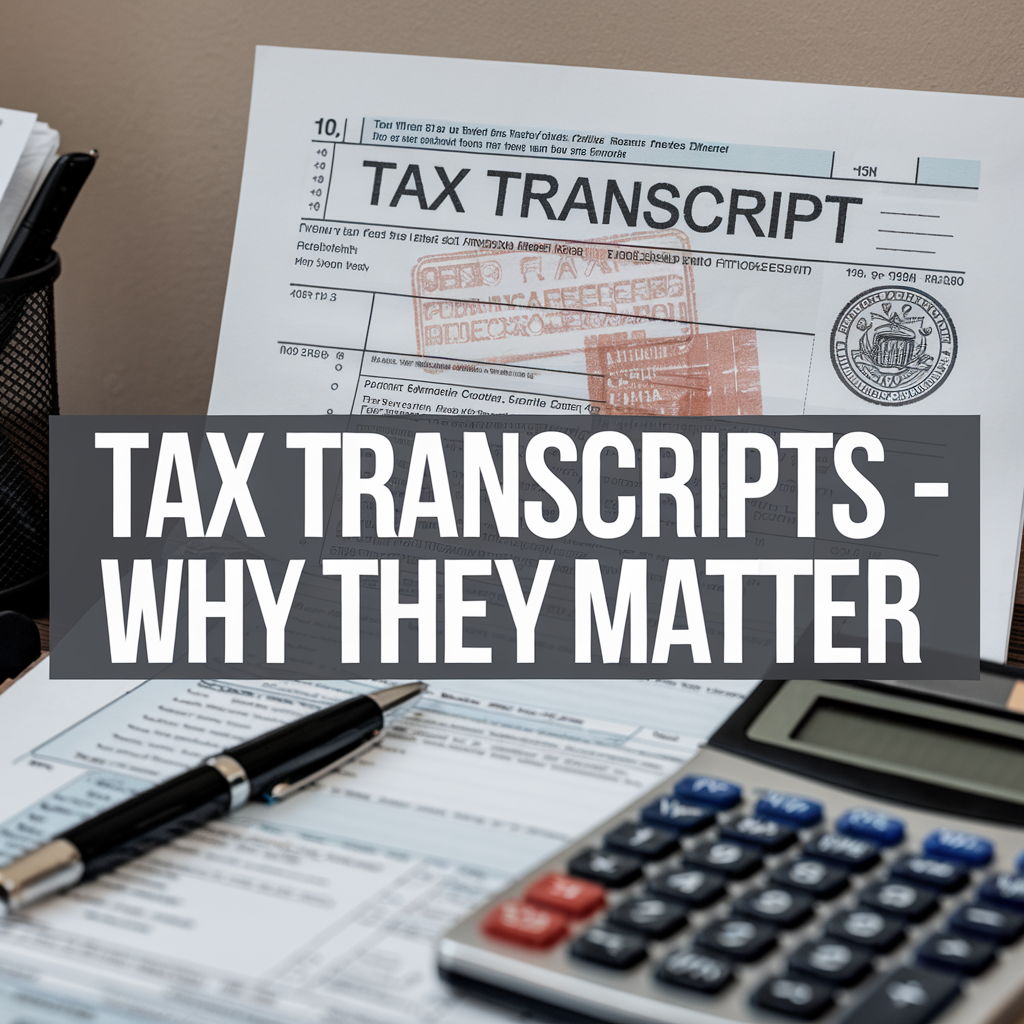What to Do If You Owe Back Taxes to the FTB (California Guide)

Introduction: You’re Not Alone — and You Have Options
If you owe back taxes to the California Franchise Tax Board (FTB), you’re probably feeling overwhelmed, frustrated, and unsure what to do next.
Maybe you fell behind on payments. Maybe you missed a filing deadline or didn’t even know you owed the state. Whatever the reason, the FTB doesn’t wait long to begin collecting — and their collection tactics are among the most aggressive in the country.
But here’s the good news:
There are legal ways to resolve your back taxes, reduce penalties, and protect your assets — even if you can’t pay in full.
This guide explains your options and how we help Orange County taxpayers move forward with confidence.
Step 1: Understand What You Owe — and Why
Before resolving your tax issue, you need to understand:
- What years are delinquent
- Whether the balance is from a missing return or unpaid taxes
- How much of your balance is penalties and interest
- Whether the FTB has filed a Notice of State Tax Lien or issued a levy
📑 Tip: A CPA can pull your FTB account transcript and verify the full breakdown.
Step 2: Know the Risks of Ignoring Back Taxes
If you ignore a back-tax balance, the FTB may:
- Issue a bank levy (seizing funds from your account)
- Initiate wage garnishment
- File a state tax lien (hurting your credit and blocking financing)
- Seize rental income or business assets
- Intercept state refunds and lottery winnings
📍 Orange County residents are often surprised to learn just how quickly the FTB acts — usually much faster than the IRS.
Step 3: Explore Your Resolution Options
🔹 Option 1: Pay in Full
If you can afford to, paying the balance up front is the fastest way to resolve your case. You may still be able to request penalty abatement if there’s a valid reason for falling behind.
🔹 Option 2: Set Up an Installment Agreement
A monthly payment plan can stop enforcement actions and give you breathing room.
📌 FTB typically allows
up to 60 months (5 years) for repayment, depending on the balance.
🔹 Option 3: Qualify for a Hardship Deferral
If you’re struggling financially, you may be able to pause collections temporarily through hardship status.
🔹 Option 4: Submit an Offer in Compromise
If you truly can’t pay the full amount, you may be eligible to settle the debt for less — often significantly less — through California’s FTB Offer in Compromise program.
Step 4: Get Into Compliance
Before the FTB approves any resolution, they’ll want to see:
- All past-due tax returns filed
- Proof that you’re no longer accruing new debt
🧾 Even if you can’t pay, file your missing returns. This helps avoid extra penalties and makes you eligible for relief programs.
Step 5: Work with a California-Based CPA
DIY tax resolution is risky — especially when you’re dealing with state enforcement actions.
At Boulanger CPA and Consulting PC, we help California taxpayers:
- Understand their FTB balance
- File missing returns
- Stop levies and garnishments
- Negotiate payment plans or settlements
- Reduce or remove penalties
And we do it all with flat-fee transparency and a focus on Orange County clients just like you.
Contact Us Today – Don’t Wait for the Next Notice
If you owe back taxes to the FTB, delaying action only makes it worse. But with the right help, you can get back on track quickly and legally.
📞
657-218-5700
🌐
www.orangecounty.cpa
Serving Irvine, Anaheim, Santa Ana, and all of Orange County
Frequently Asked Questions
What happens if I owe back taxes to the FTB?
If you owe and don’t pay, the FTB may issue bank levies, garnish wages, or file a tax lien. They can also add steep penalties and interest.
Can I set up a payment plan with the FTB?
Yes. The FTB offers installment agreements based on your balance and ability to pay. A CPA can help you negotiate terms and stop enforcement actions.
Can I settle my back taxes for less than I owe?
Yes, through California’s Offer in Compromise program. You must show that you’re unable to pay the full amount due based on your financial situation.
Will filing old tax returns reduce my balance?
Filing missing returns helps avoid substitute assessments and may reduce your balance. It also makes you eligible for relief programs.














